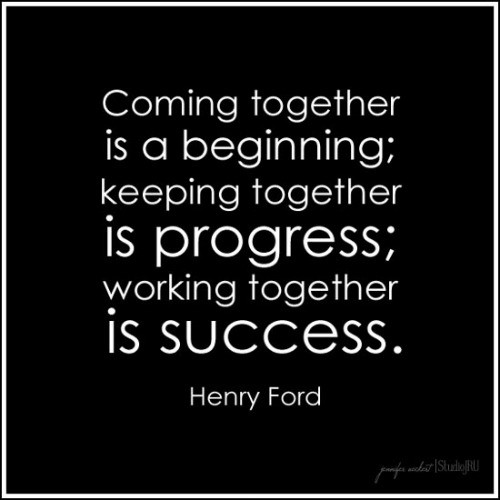Parent-Teacher Partnerships: the best back to school supply

With summer break is coming to a close, can you guess what students, parents, and teachers all have in common right now?
All three are likely feeling a sense of mingling emotions about going back to school — excitement, dread, stress, relief, eagerness, worry — just to name a few.
Whether they are bravely walking through school doors for the first time as kindergarteners, counting down the days until high school graduation or somewhere in between, most students are feeling some big emotions right now about going back to school.
We parents feel it as we brace for the change in daily routine and scramble to finish back to school shopping. Teachers are feeling it too as they prepare for their return to the classroom after a summer that went by a little too quickly.
Our kids spend 6 hours or more at school every day in the care of teachers who have devoted their careers to understanding the growing minds of kids. Teachers not only impart knowledge, they inspire and challenge our kids to think, to want to learn, and to grow into curious, lifelong learners. When parents see themselves as partners with their children’s teachers, magic happens in the classroom and in the home. Research shows that children have better academic outcomes when parents have healthy, positive relationships with teachers.
As we well know, our kids are always listening and taking their cues from us parents. It’s so important for them to see parents working together with their teachers, communicating respectfully and with an open mind. When kids witness this positive collaboration, they have an easier time connecting with their teachers and place more value on their own education.
How can parents form this kind of partnership with their child’s teachers? We have some ideas!
- Reach out to your child’s teachers early to let them know you are an ally in education. Let them know that you want to partner with them to help your child be successful at school.
- Recognize that learning happens beyond the classroom and ask how you can support your child’s learning at home.
- Trust the training and expertise of your child’s teachers. They have spent years to obtain the knowledge, experience, degrees, and credentials to help your child learn.
- Ask teachers what concrete items they may need in the classroom. If you have the resources, donate supplies such as disinfecting wipes or hand sanitizers that may be in short supply. Let them know you are paying attention and that you care.
- Let your child hear you speak respectfully to and about their teachers and about school in general. Your attitude about education will ultimately influence how your child approaches school.
- Help your child understand that teachers are people, too, — with lives and families of their own and homes away from the school building — by showing your respect to their boundaries.
When a new school year begins with parents and teachers united, it sets every child up for success. With positive partnerships such as this, students, parents, and teachers can add one more feeling into the mingling whirl of back-to-school emotions – gratitude.


